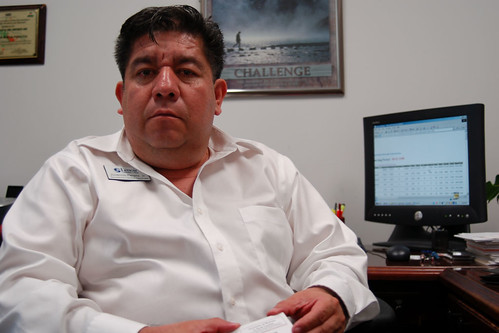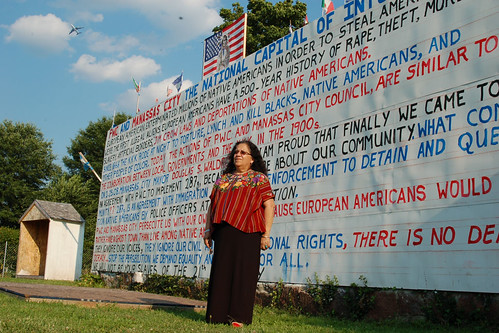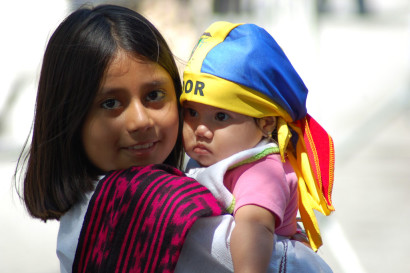La Ruta del Voto Latino (The Road to the Latino Vote): Kinston, North Carolina
Journalist Diego Graglia is documenting the lives of Latinos during this presidential election year as he travels from New York City to Mexico City. For more on La Ruta del Voto Latino-The Road to the Latino Vote, visit www.newyorktomexico.com.
Latinos started settling in big numbers in the South about two decades ago. Since then they have changed the face of the region. Here, I visit the small town of Kinston, North Carolina where I meet Juvencio Rocha Peralta. Born in Mexico, he was one of the first migrants to arrive in the area almost three decades ago, and is a longtime community activist in the rural Eastern part of the state. Our conversation focused on issues that concern local Latinos in the 2008 presidential election. Listen to our conversation in this podcast.
[soundcloud url=”https://api.soundcloud.com/tracks/204677361″ params=”color=ff5500&auto_play=false&hide_related=false&show_comments=true&show_user=true&show_reposts=false” width=”100%” height=”166″ iframe=”true” /]






